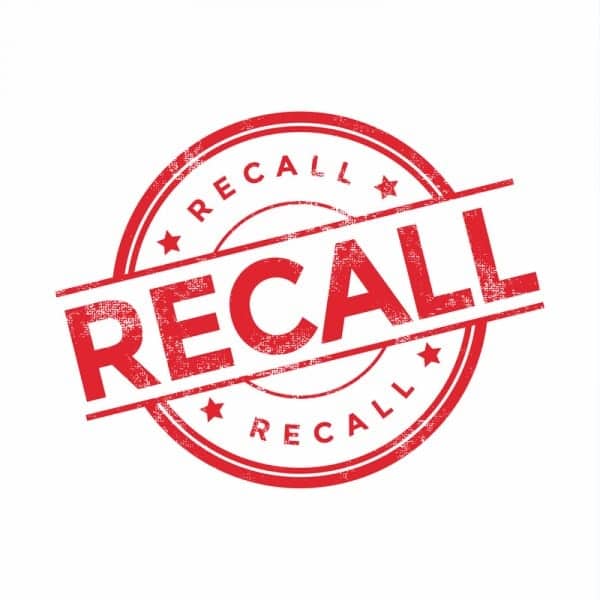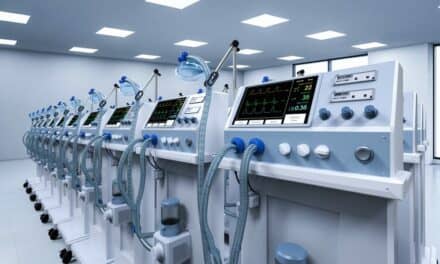SEIU-United Healthcare Workers West submitted a petition to the head of the FDA to issue a corrective recall requiring modifications to dialysis machines manufactured by Fresenius in order to provide safer dialysis treatments for patients and consumers.
“We need these modifications to protect dialysis patients and help them make informed choices about the care they receive,” says Hortencia Armendariz, healthcare justice director at SEIU-UHW. “Patients deserve to have life-saving information disclosed about this vital treatment.”
Dialysis is a life-sustaining treatment for over half of a million patients in the United States suffering from kidney failure, and it is the only alternative to kidney transplantation.
The speed at which dialysis is provided is known as the ultrafiltration rate. Academic literature shows that faster ultrafiltration rates are associated with higher mortality risk and other adverse consequences, such as permanent damage to the heart and loss of cognitive function. People subjected to faster ultrafiltration rates may also suffer debilitating short-term symptoms such as dizziness, headaches, cramping, and nausea following treatment.
More than half of the dialysis machines used worldwide are made by Fresenius Medical Care, according to the company. Petitioners are urging the Commissioner of Food and Drugs to issue a corrective recall requiring certain modifications to the Fresenius 2008K2, 2008T, and 2008T BlueStar dialysis machines, saying those machines currently lack adequate safeguards to ensure patient safety vis-à-vis two significant dialysis measurements: ultrafiltration rate and conductivity.
The petition requests that the FDA Commissioner better protect the public health and welfare by issuing a corrective recall requiring the following corrections to all Fresenius 2008K2, 2008T, and 2008T BlueStar Hemodialysis Machines:
- A modification to include an ultrafiltration settings screen that calculates a patient’s ultrafiltration rate (UFR) in terms of ml/kg/hr and displays the result of that calculation throughout the dialysis session.
- A modification to include a distinctive alarm when the UFR exceeds 10 ml/kg/hr.
- A relabeling requirement to include a Black Box warning with the following language: “Ultrafiltration rates above 10 ml/h/kg are associated with an increased risk of death.”
- A relabeling requirement, requiring labeling to include disinfection procedures for the hemodialysis machines, as proposed in the petition.
- A modification to the Conductivity Alarm Position setting in the Dialysate Screen to allow a ‘Locked’ setting to prevent adjustment of the Conductivity Alarm Window position during treatment.
In the last ten years, Fresenius dialysis machines have had a variety of adverse events reported to the FDA that have resulted in recalls. In May 2022, the FDA took action against Fresenius-manufactured dialysis machines due to a potential risk of exposure to toxic compounds that resulted in a warning letter to healthcare providers.
The mortality statistics for dialysis patients in the United States are particularly grim when compared to other countries. One in five dialysis patients die within a year of initiating dialysis; less than half survive to five years, says SEIU-United Healthcare Workers West.
The mortality rate in the United States is higher than in Australia, New Zealand, Canada, France, Germany, Italy, Japan, Sweden, and the U.K., and persists through all stages of dialysis.
Copies of the petition sent to the FDA are available upon request.





